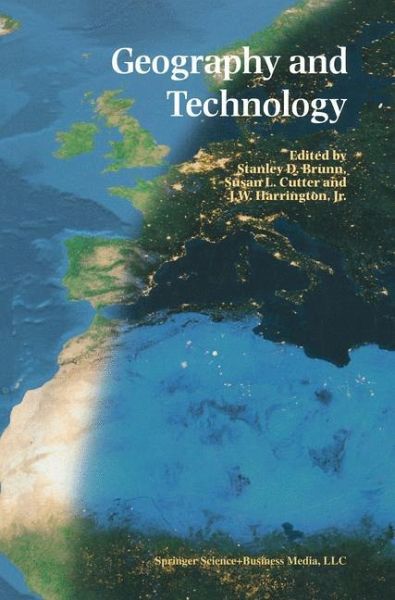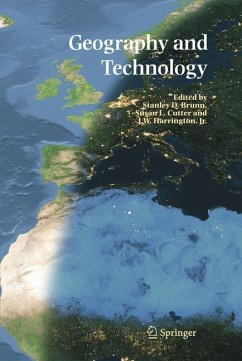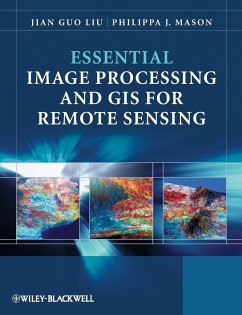
Geography and Technology
Versandkostenfrei!
Versandfertig in 1-2 Wochen
154,99 €
inkl. MwSt.
Weitere Ausgaben:

PAYBACK Punkte
77 °P sammeln!
It is particularly appropriate that the AAG's Centennial Celebration should prompt the publication of a volume devoted to Geography and Technology. New technologies have always been important in advancing geographic understanding, but never have they been so thoroughly and rapidly transformative of the discipline as at this stage in geography's evolution. Just as new technologies have profoundly expanded both research possibilities and the knowledge base of other disciplines, such as biology, physics or medicine, so too are the revolutionary new geographic technologies developed during the pas...
It is particularly appropriate that the AAG's Centennial Celebration should prompt the publication of a volume devoted to Geography and Technology. New technologies have always been important in advancing geographic understanding, but never have they been so thoroughly and rapidly transformative of the discipline as at this stage in geography's evolution. Just as new technologies have profoundly expanded both research possibilities and the knowledge base of other disciplines, such as biology, physics or medicine, so too are the revolutionary new geographic technologies developed during the past few decades extending frontiers in geographic research, education and applications. They are also creating new and resurgent roles for geography in both society and in the university. This trend is still accelerating, as the integration of geographic technologies, such as the global positioning system and geographic information systems (GPS/GIS), is creating an explosion of new "real-time,real-world" applications and research capabilities. The resultant dynamic space/time interactive research and management environments created by interactive GPS/GIS, among other technologies, places geography squarely at the forefront of advanced multidisciplinary research and modeling programs, and has created core organization management tools (geographic management systems) which will dramatically change the way governments and businesses work in the decades ahead. While these and other important geographic technologies, including remote sensing, location-based services, and many others addressed in this book, are forging new opportunities for geography and geographers, they also pose challenges.












